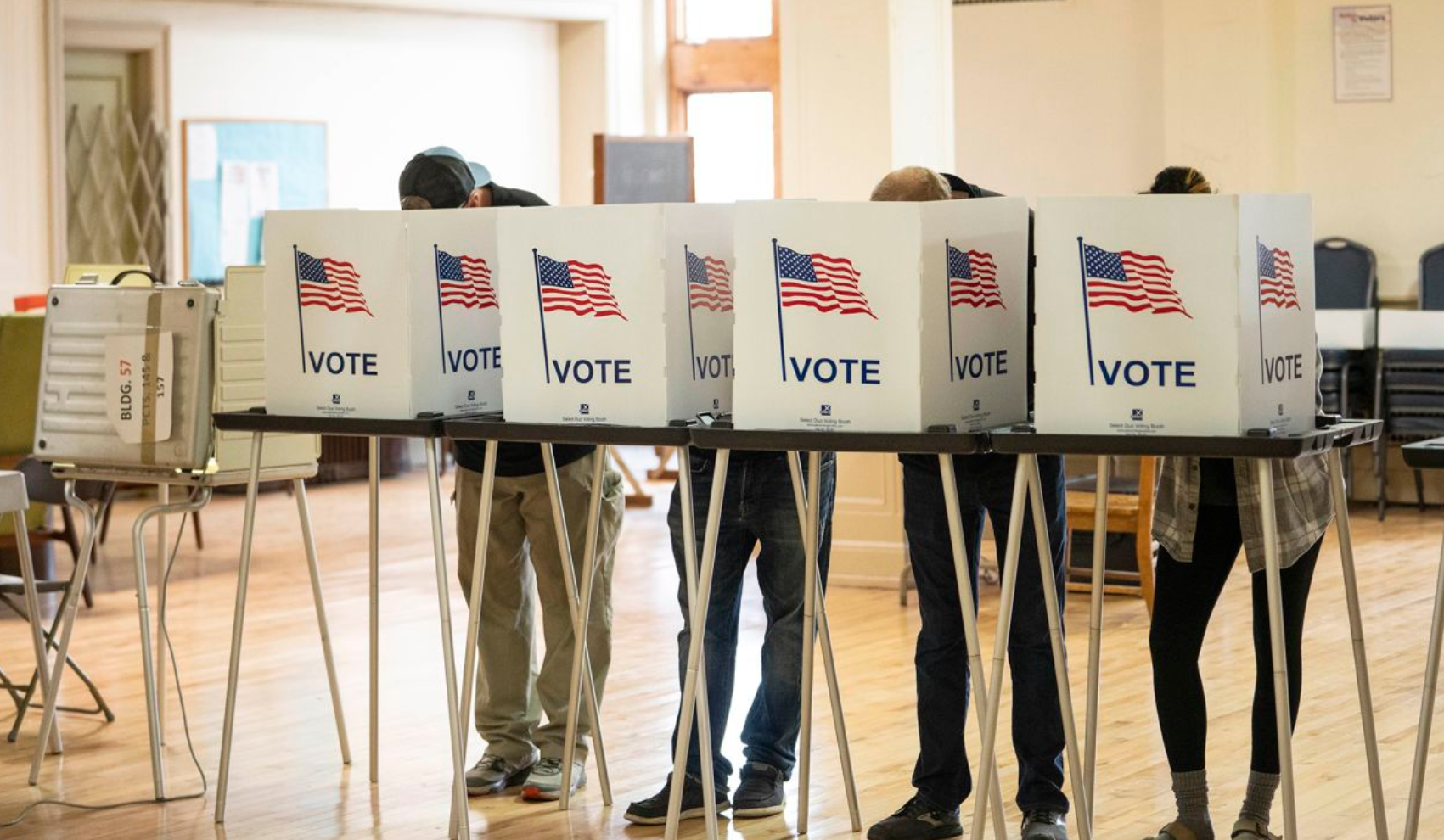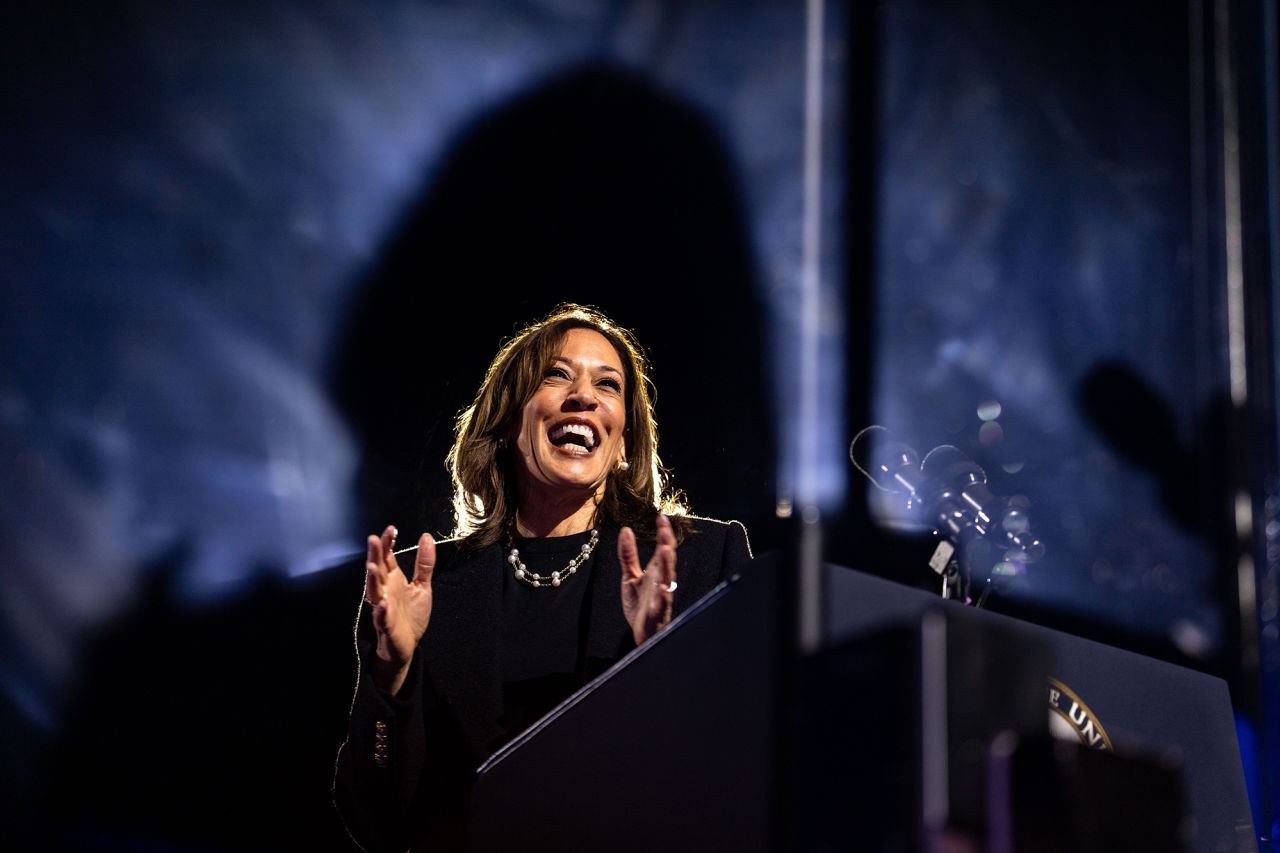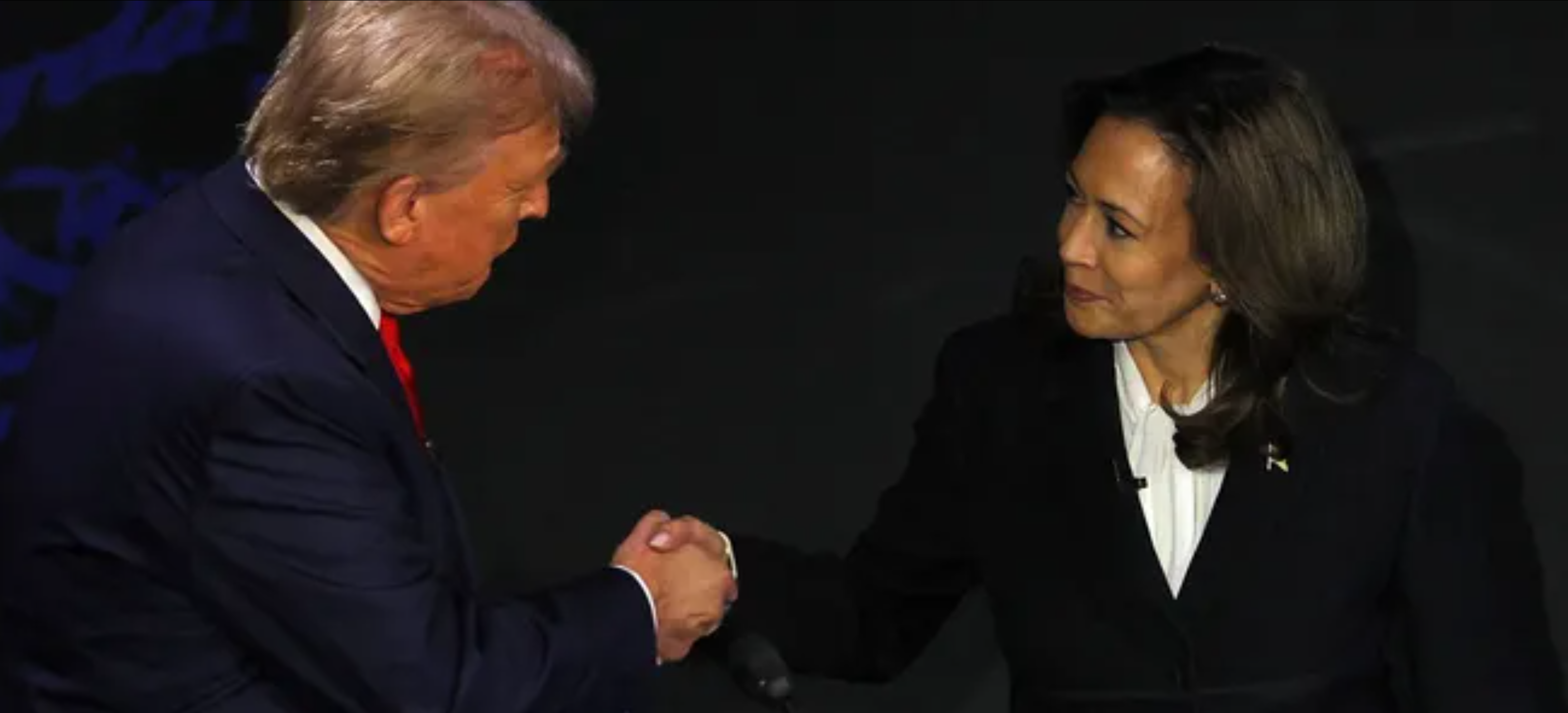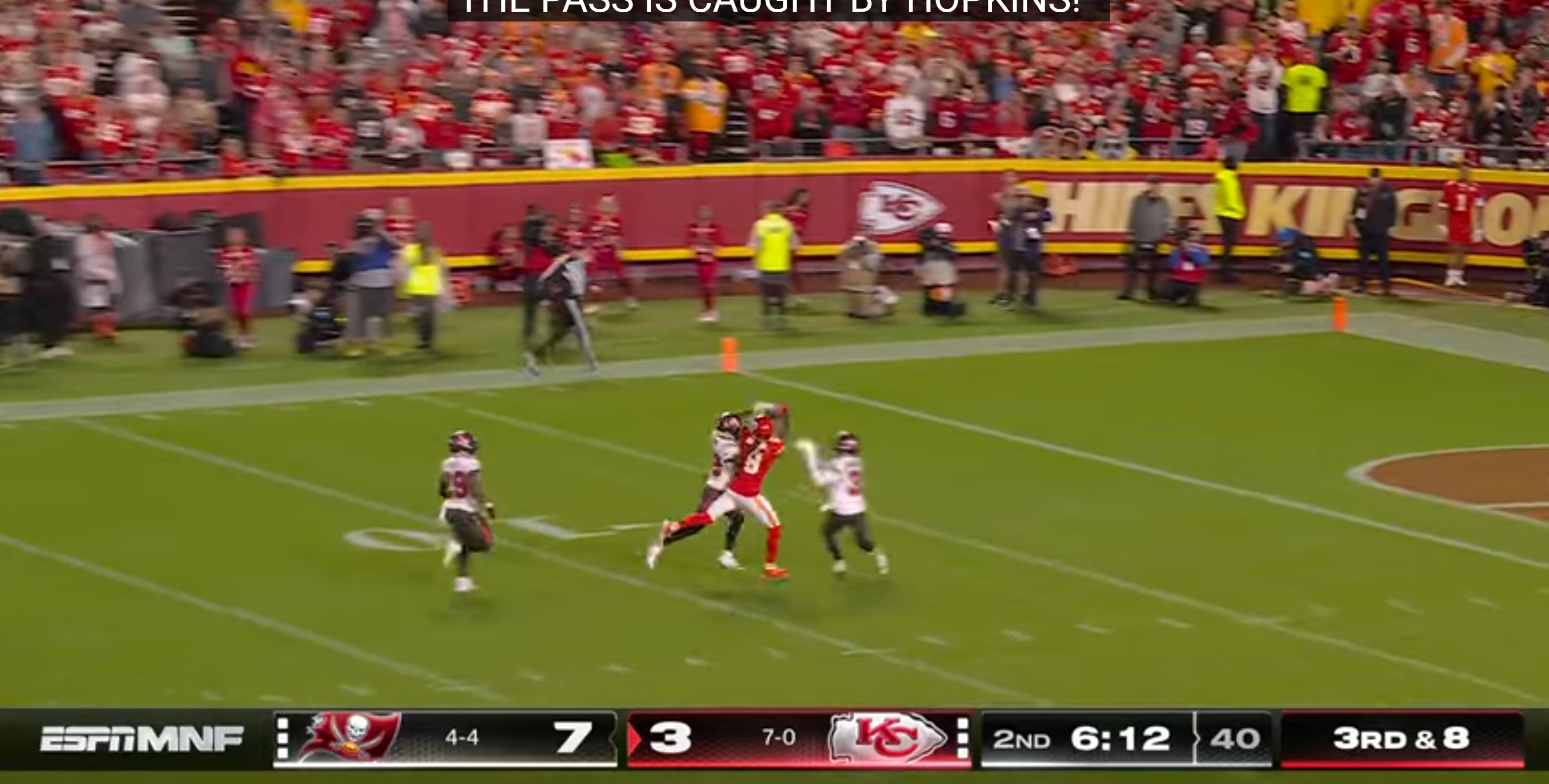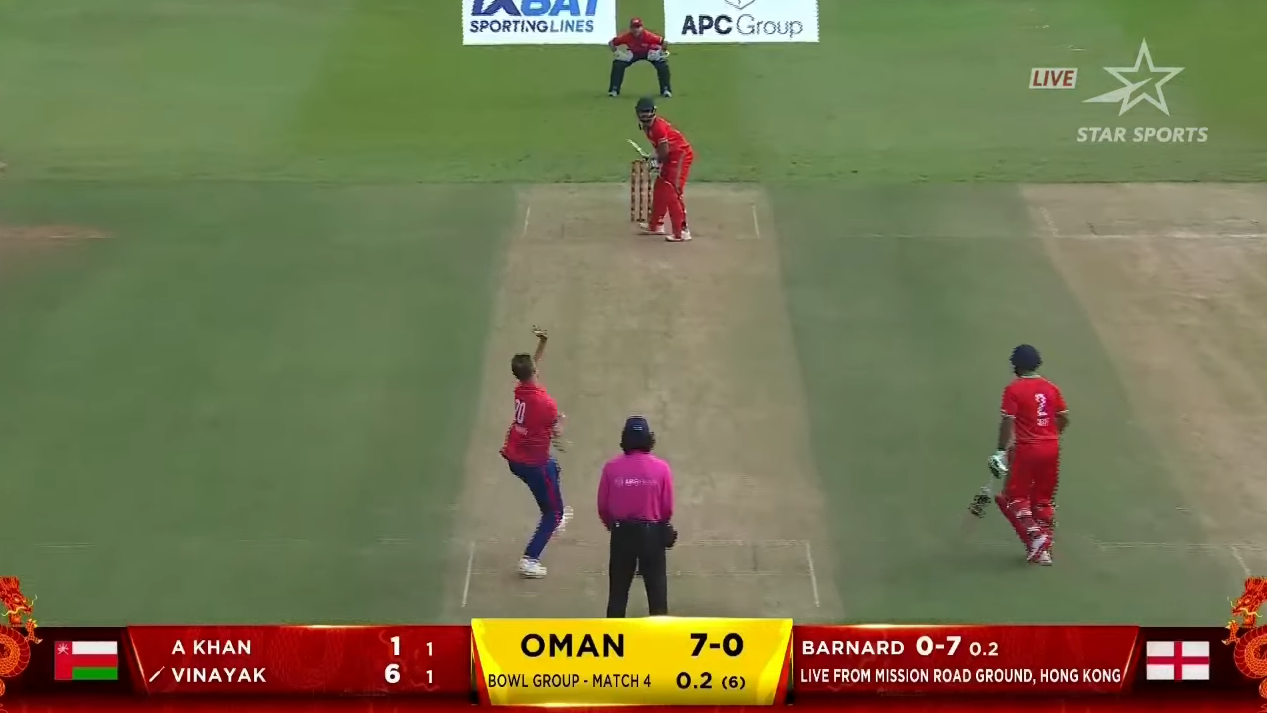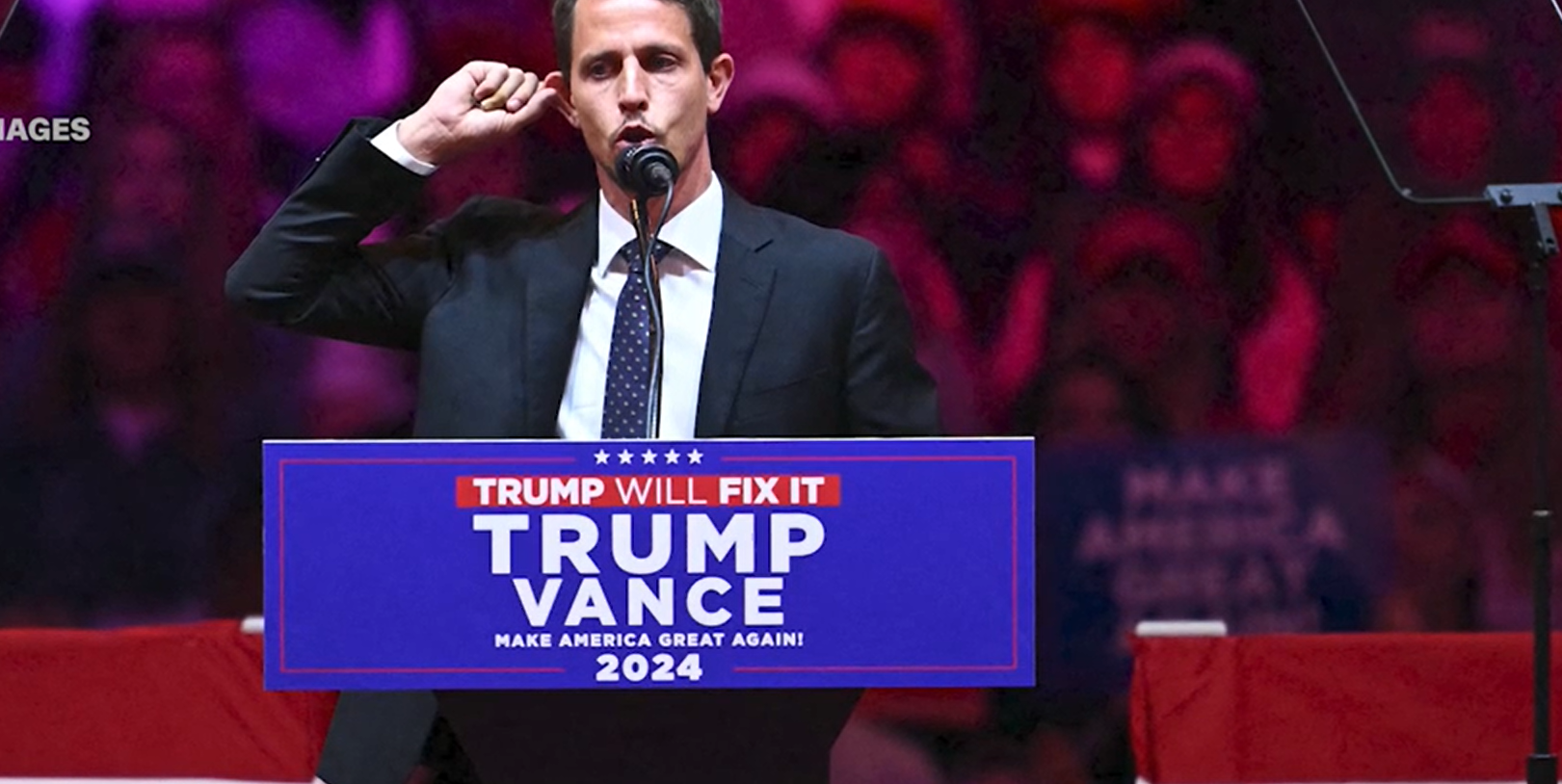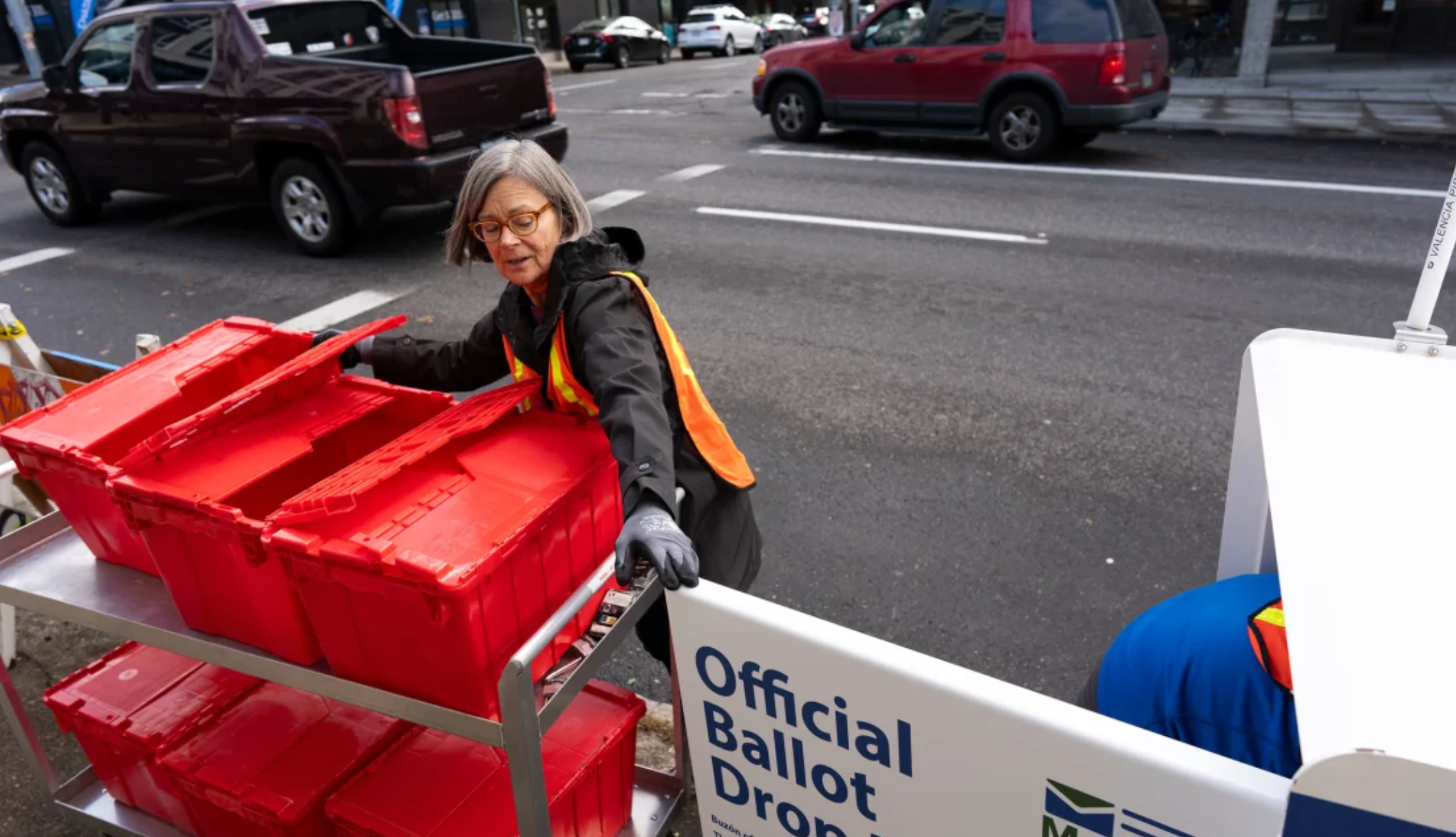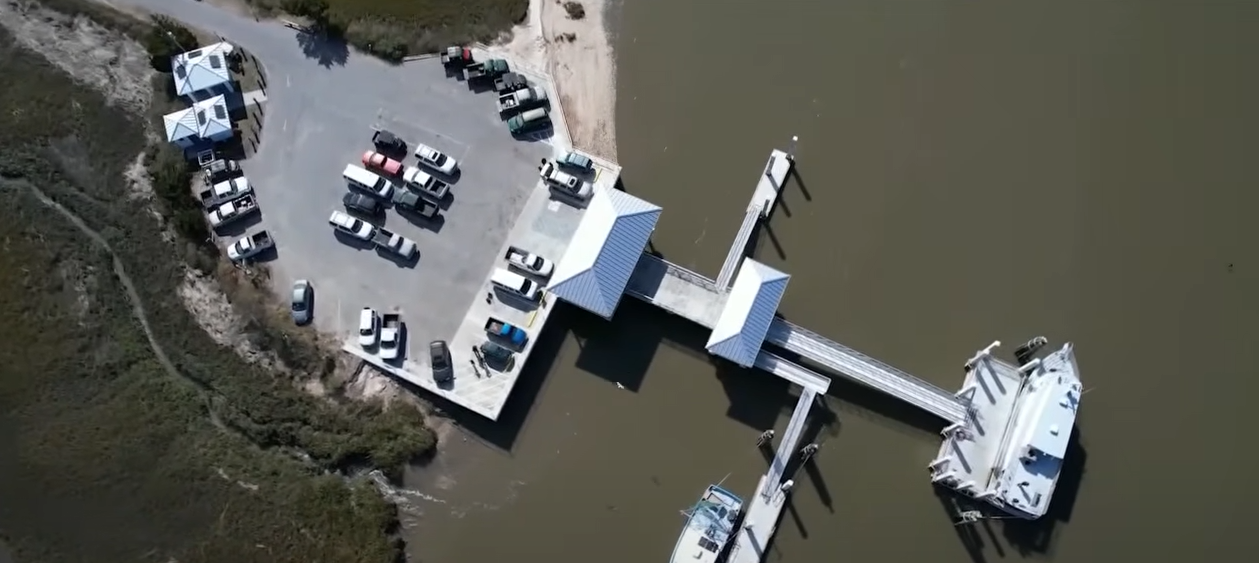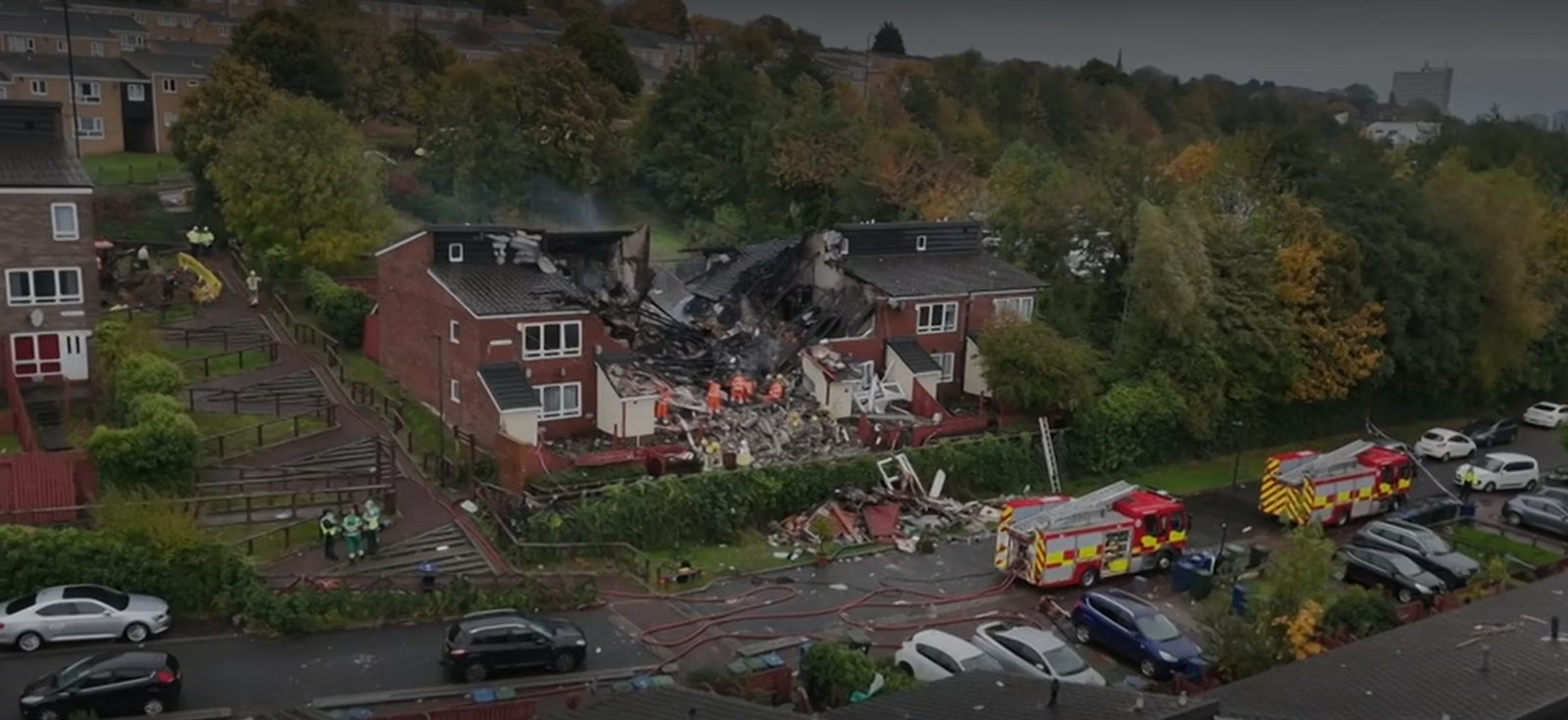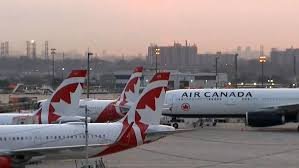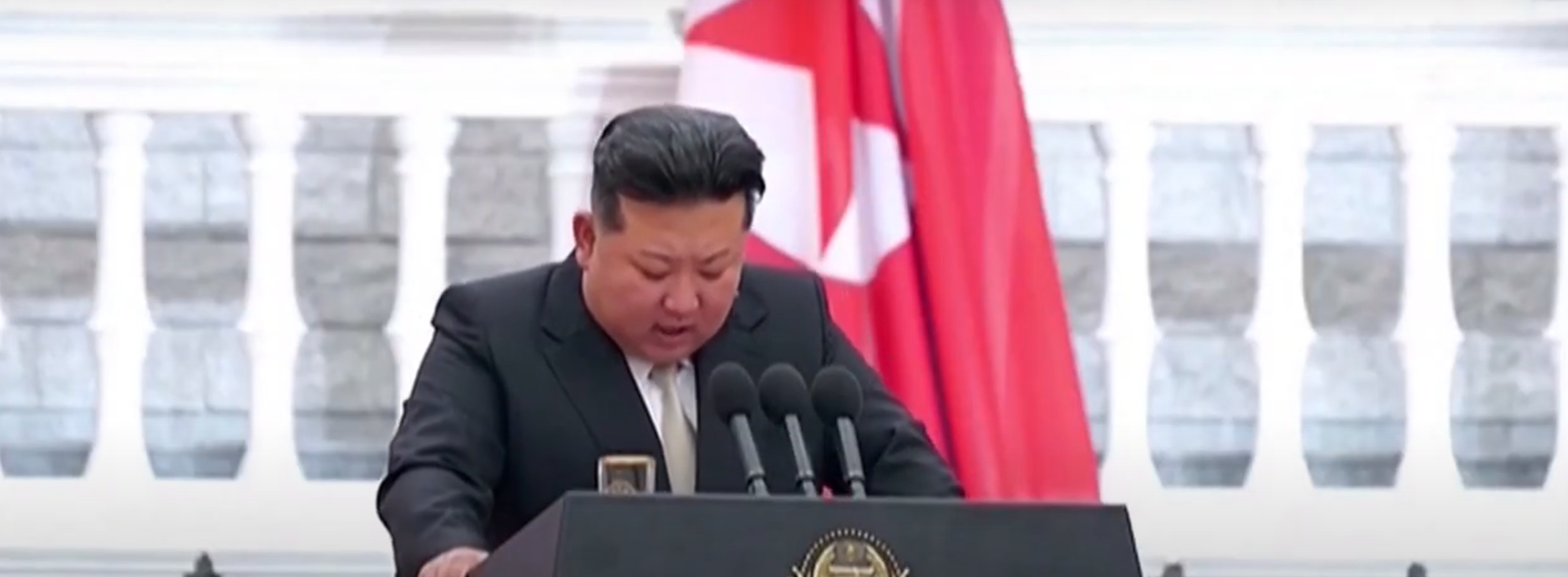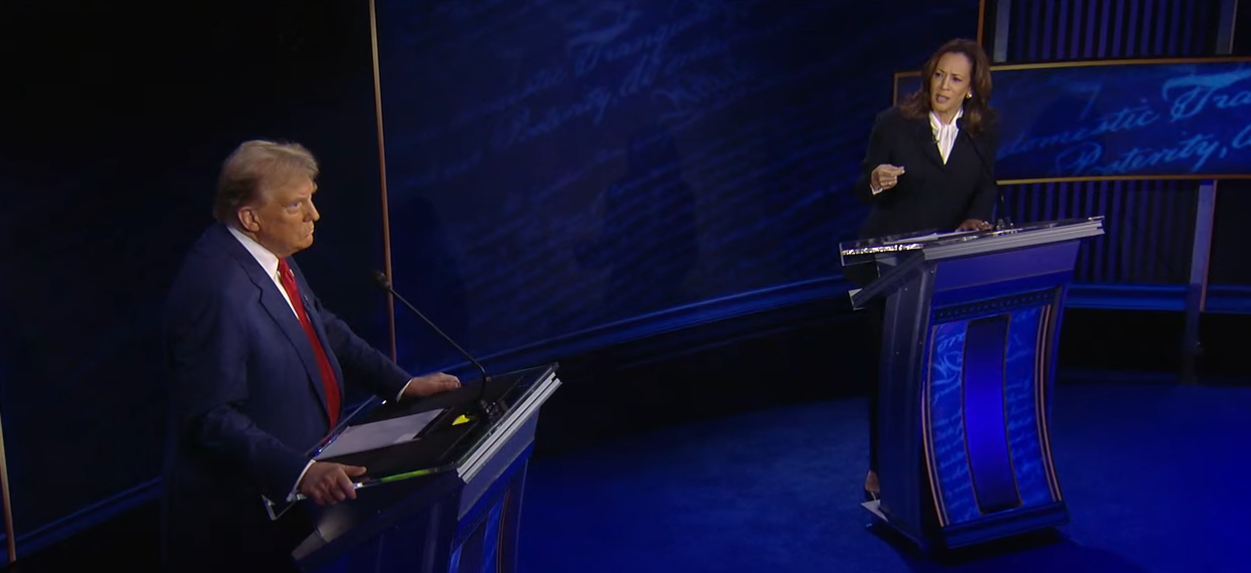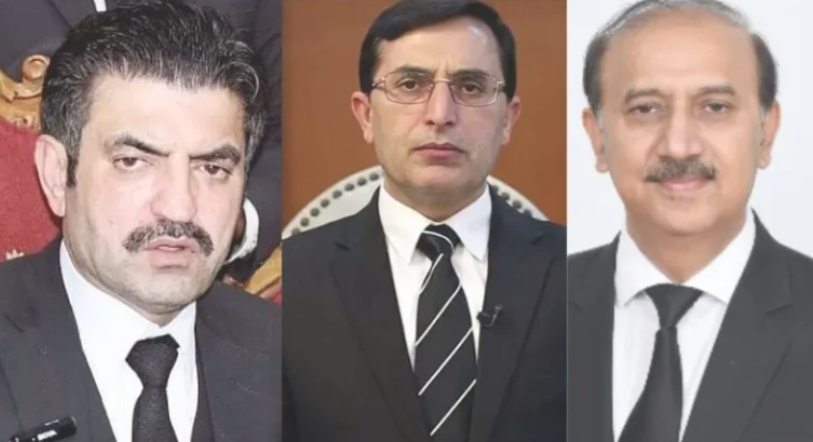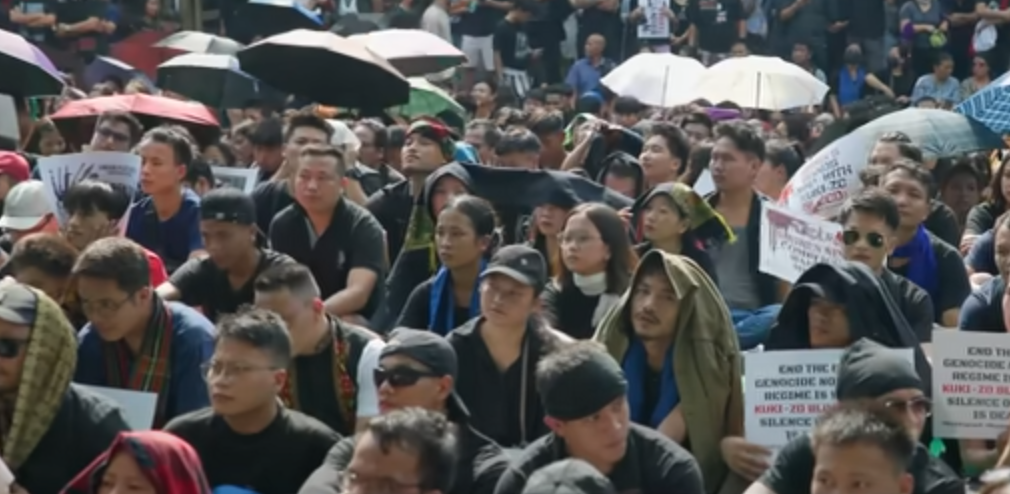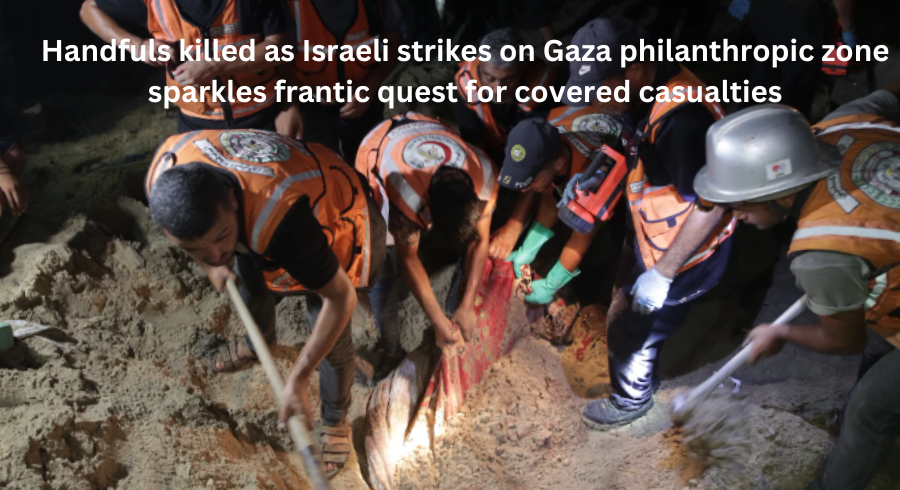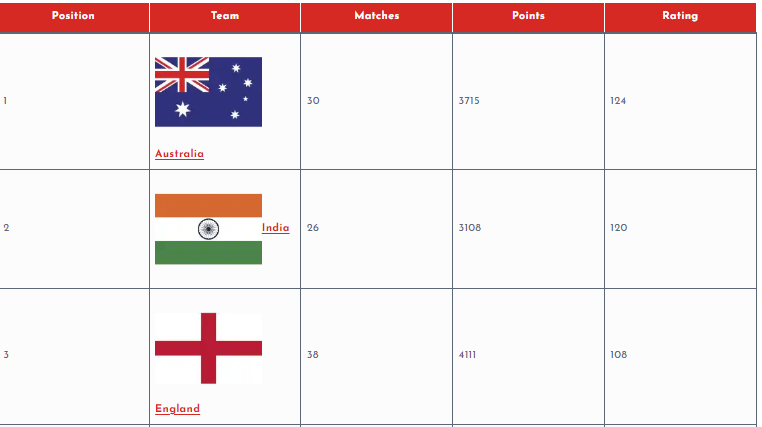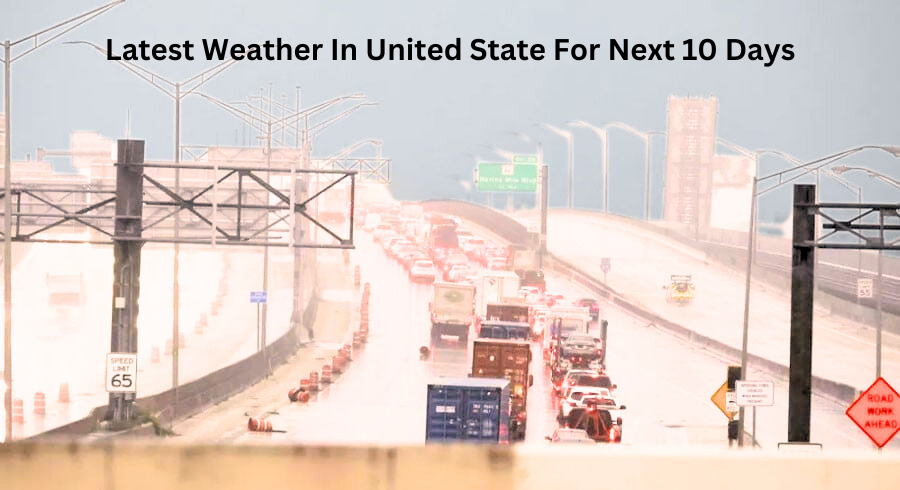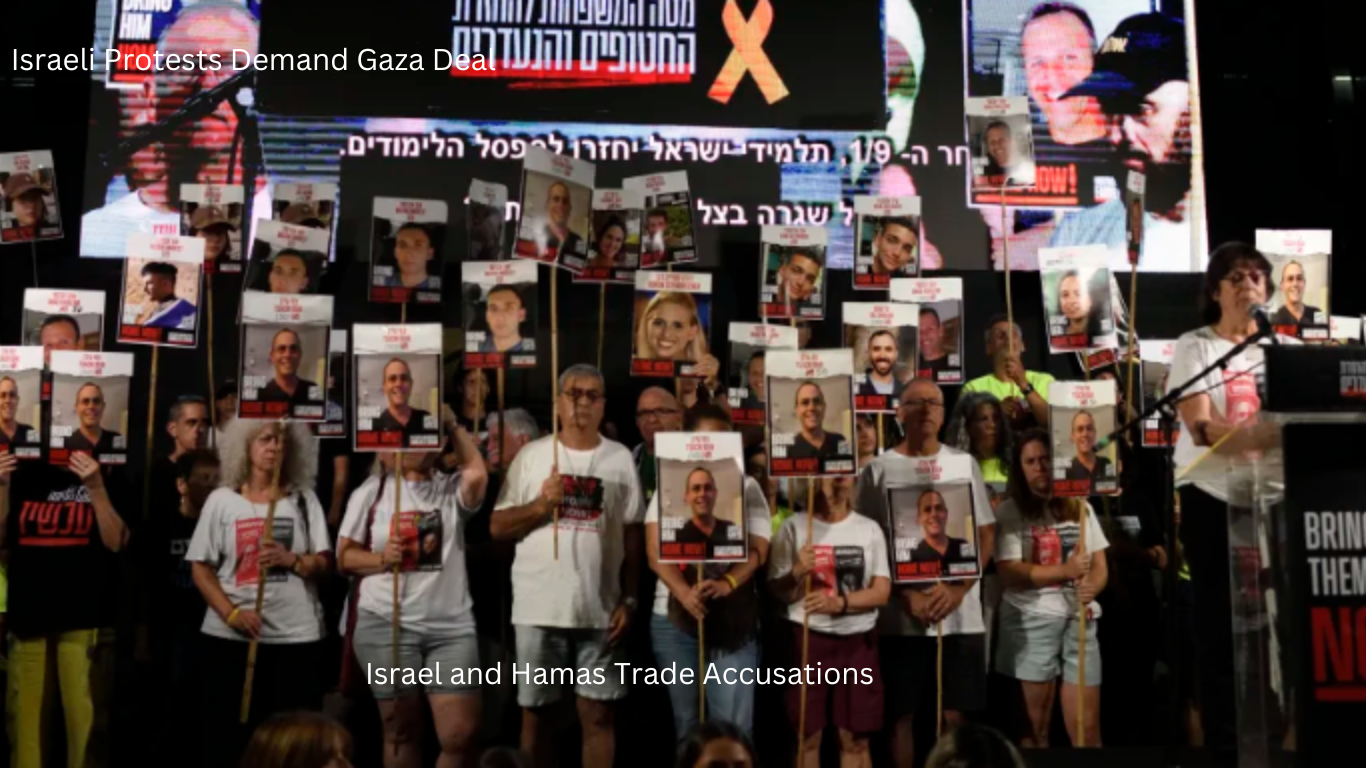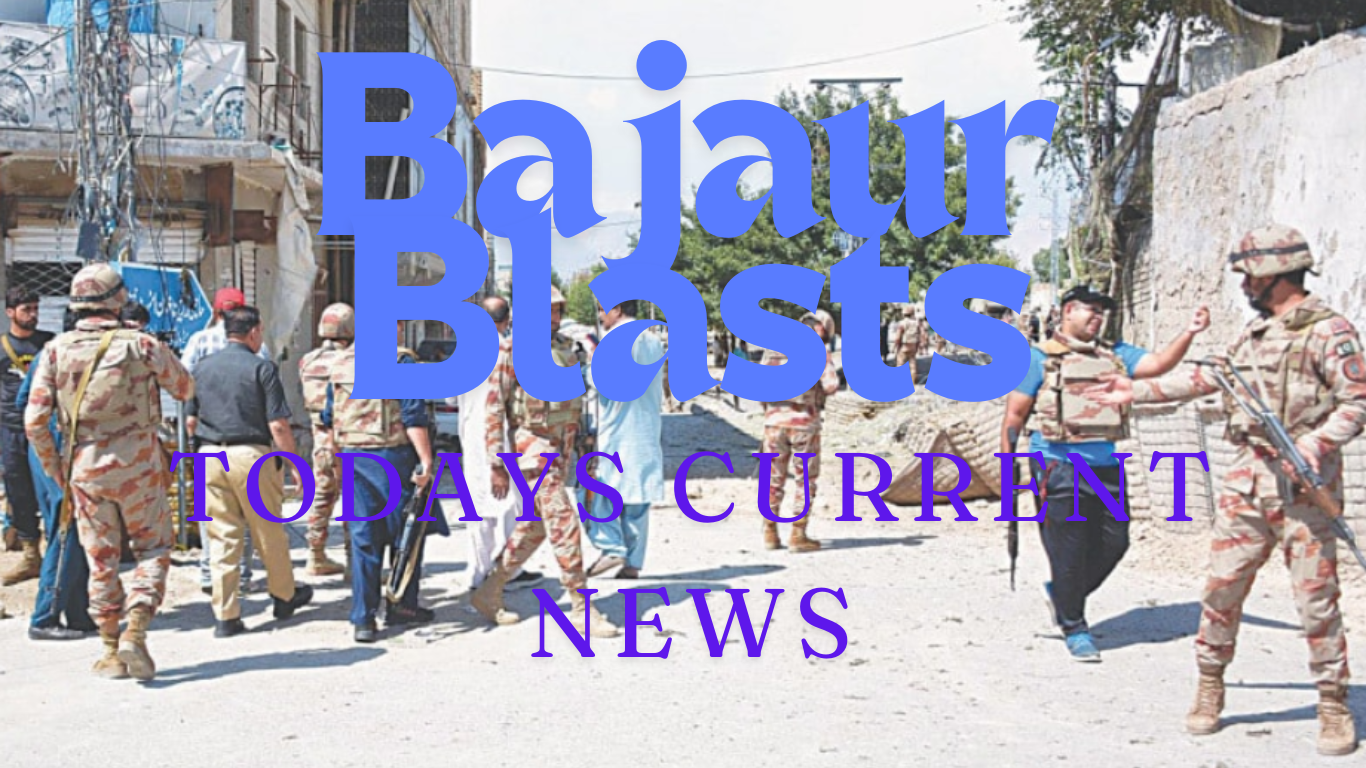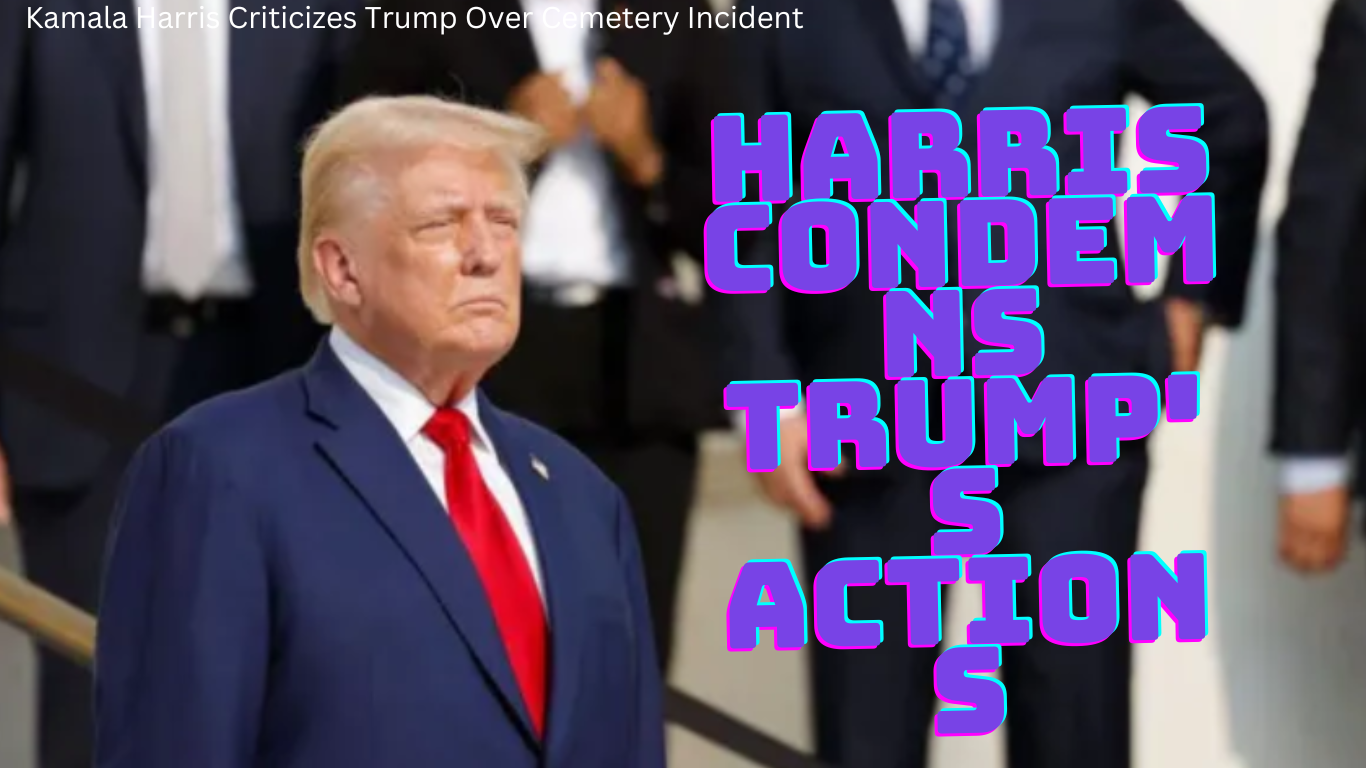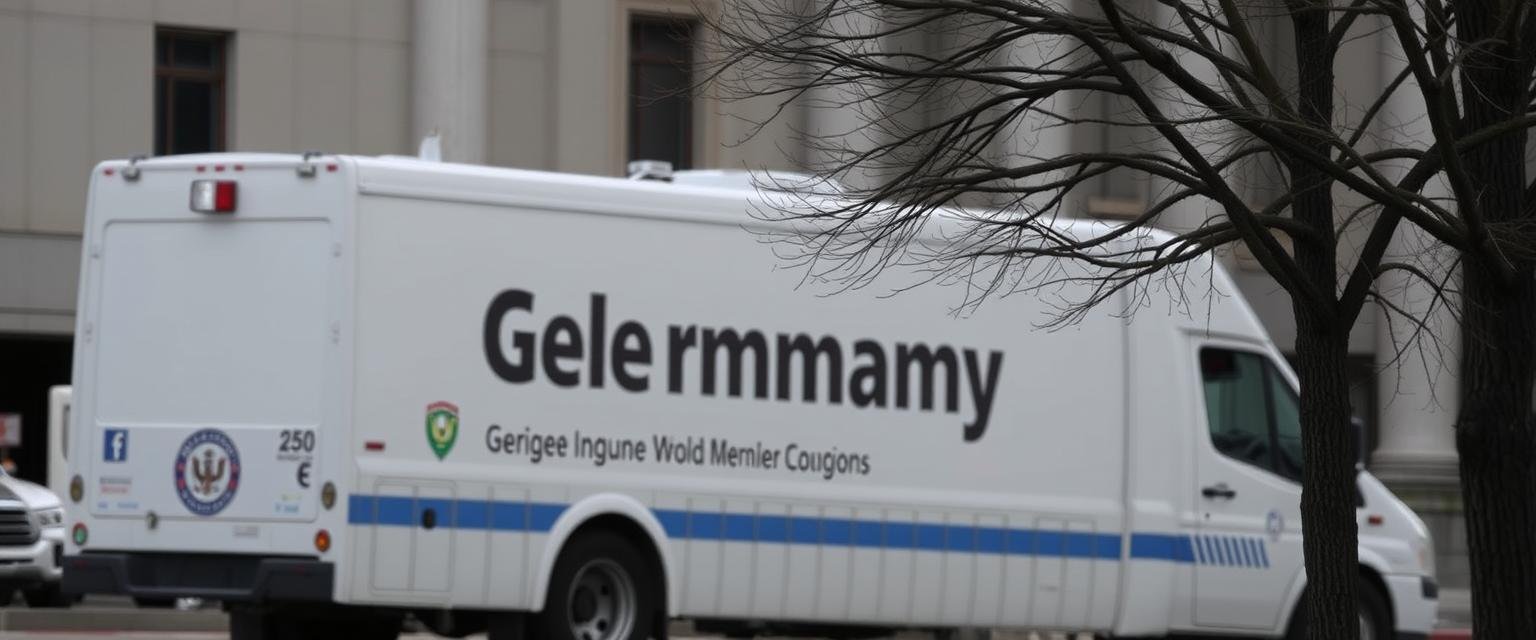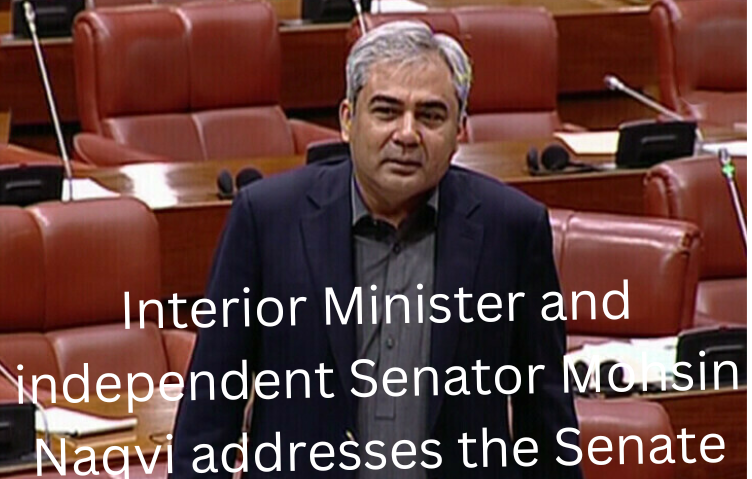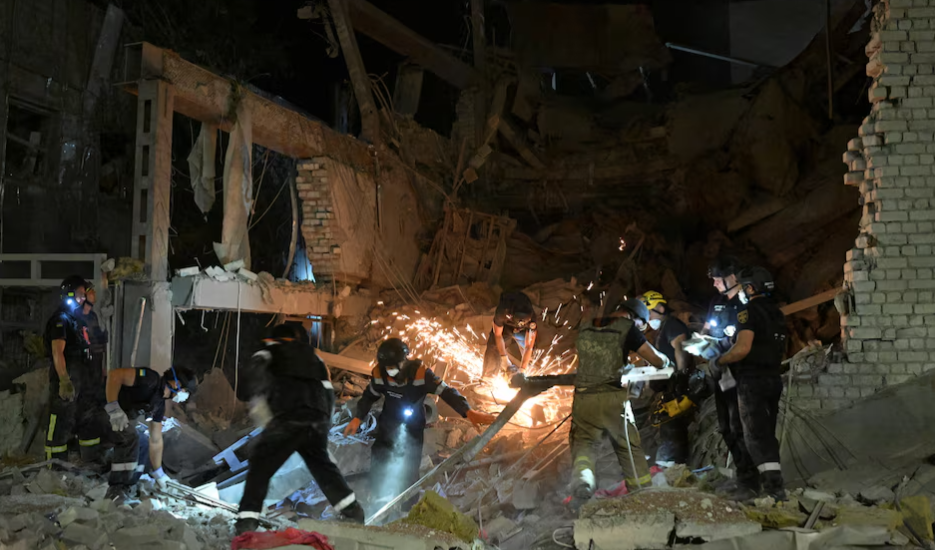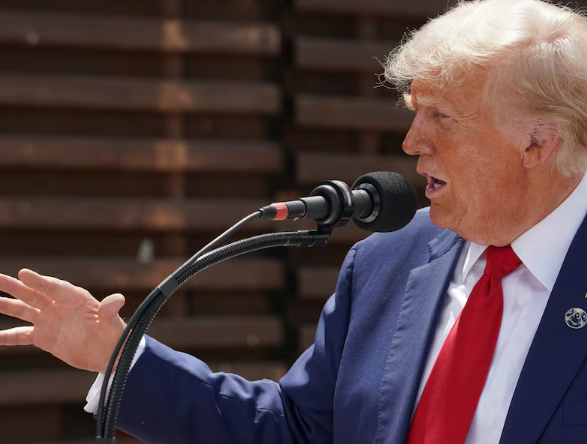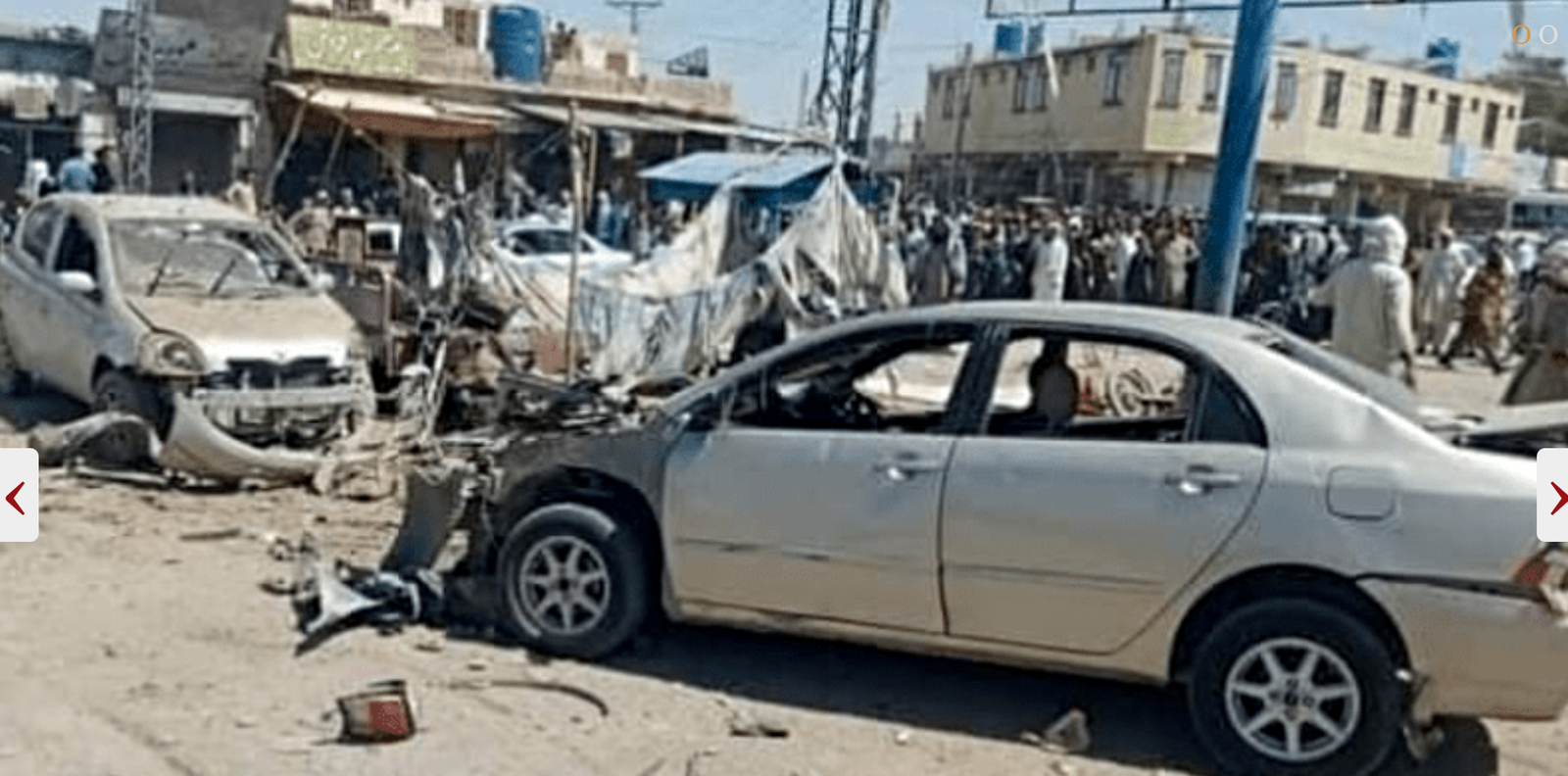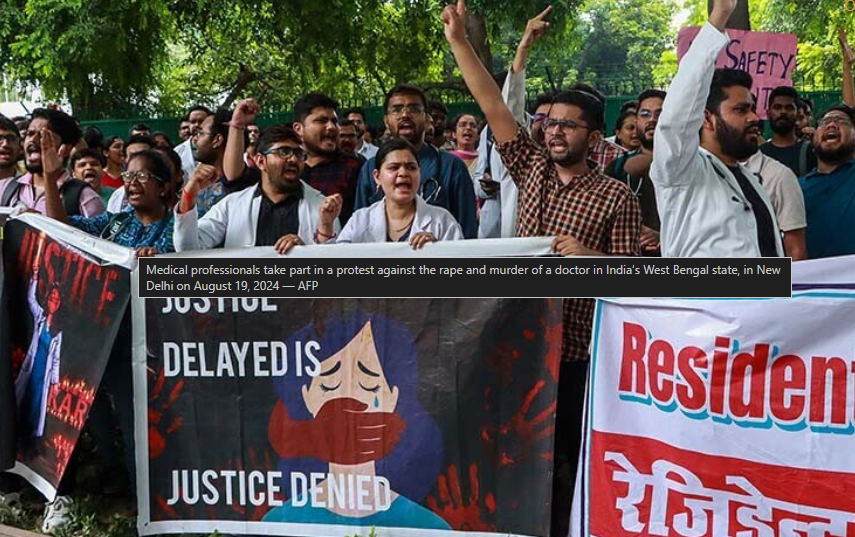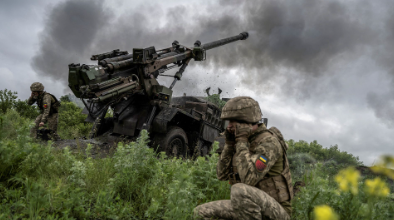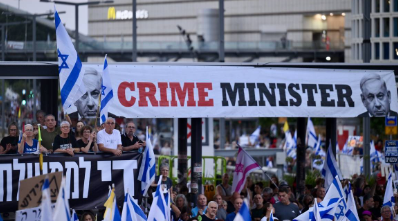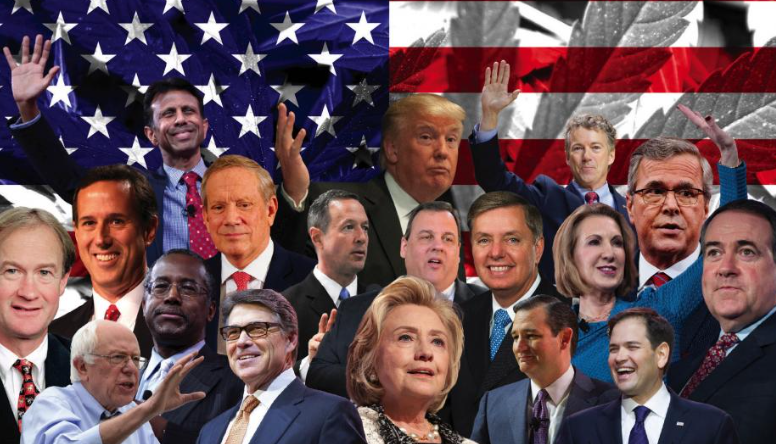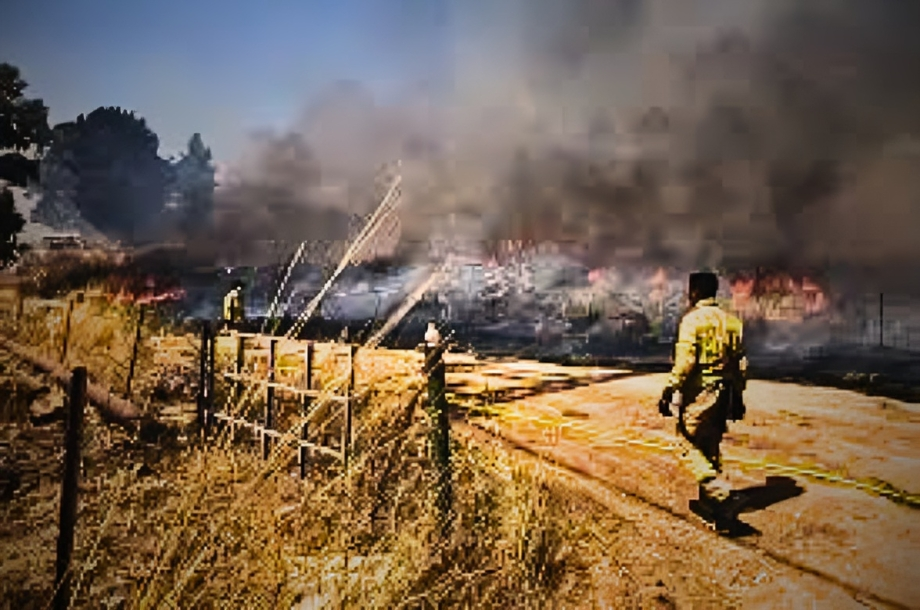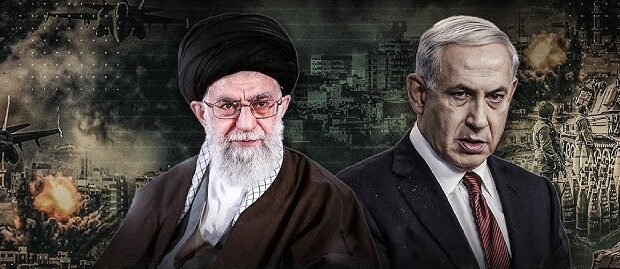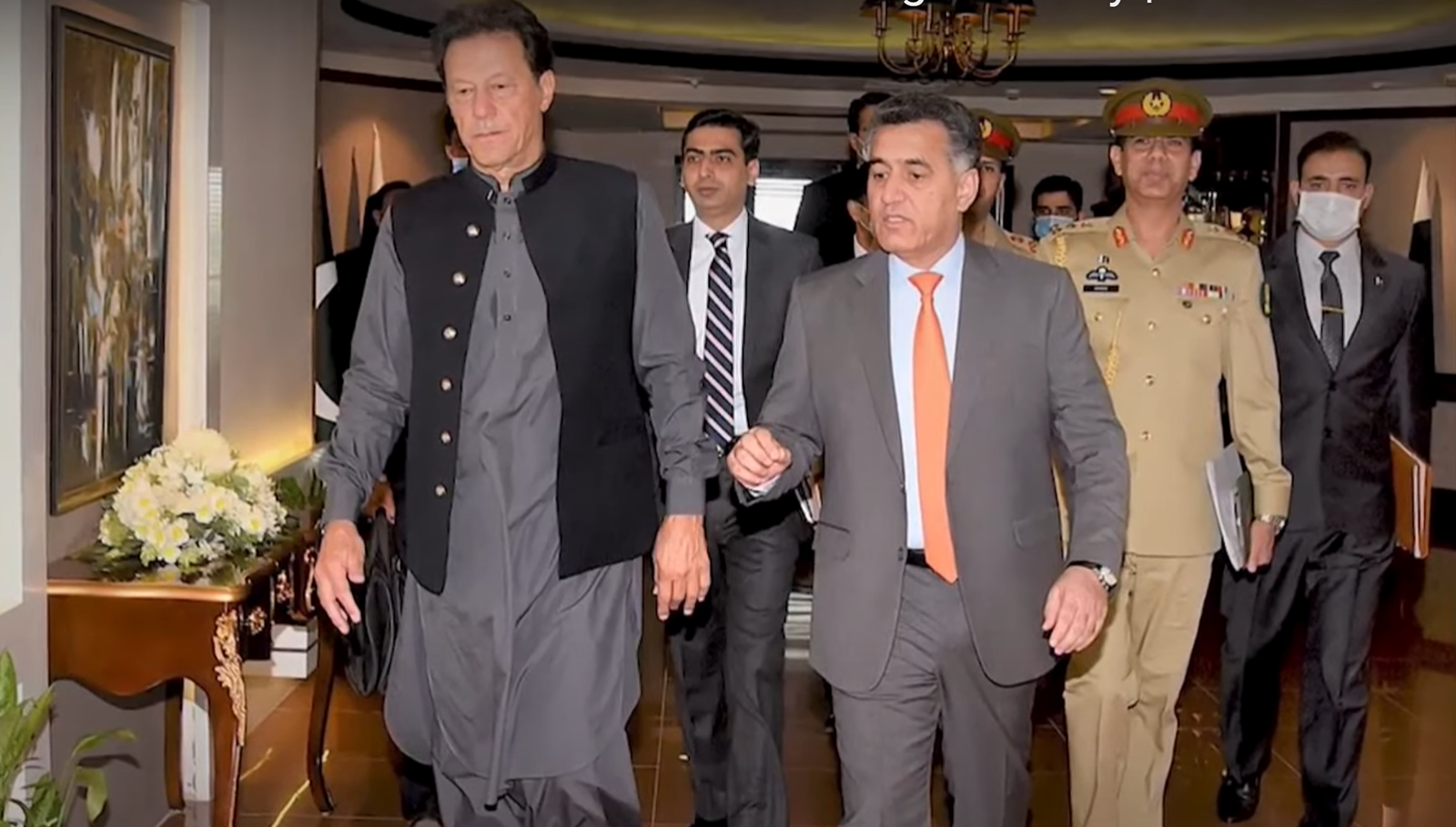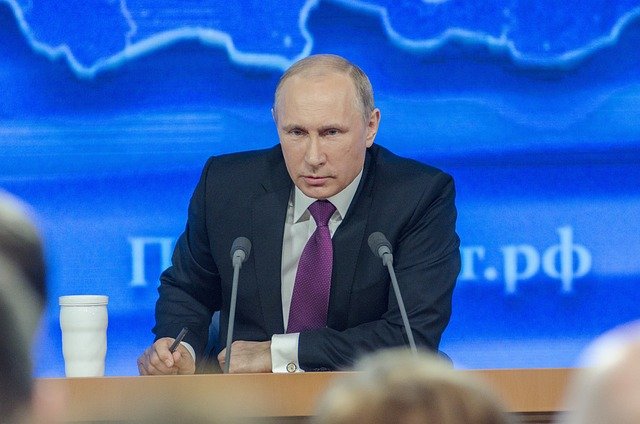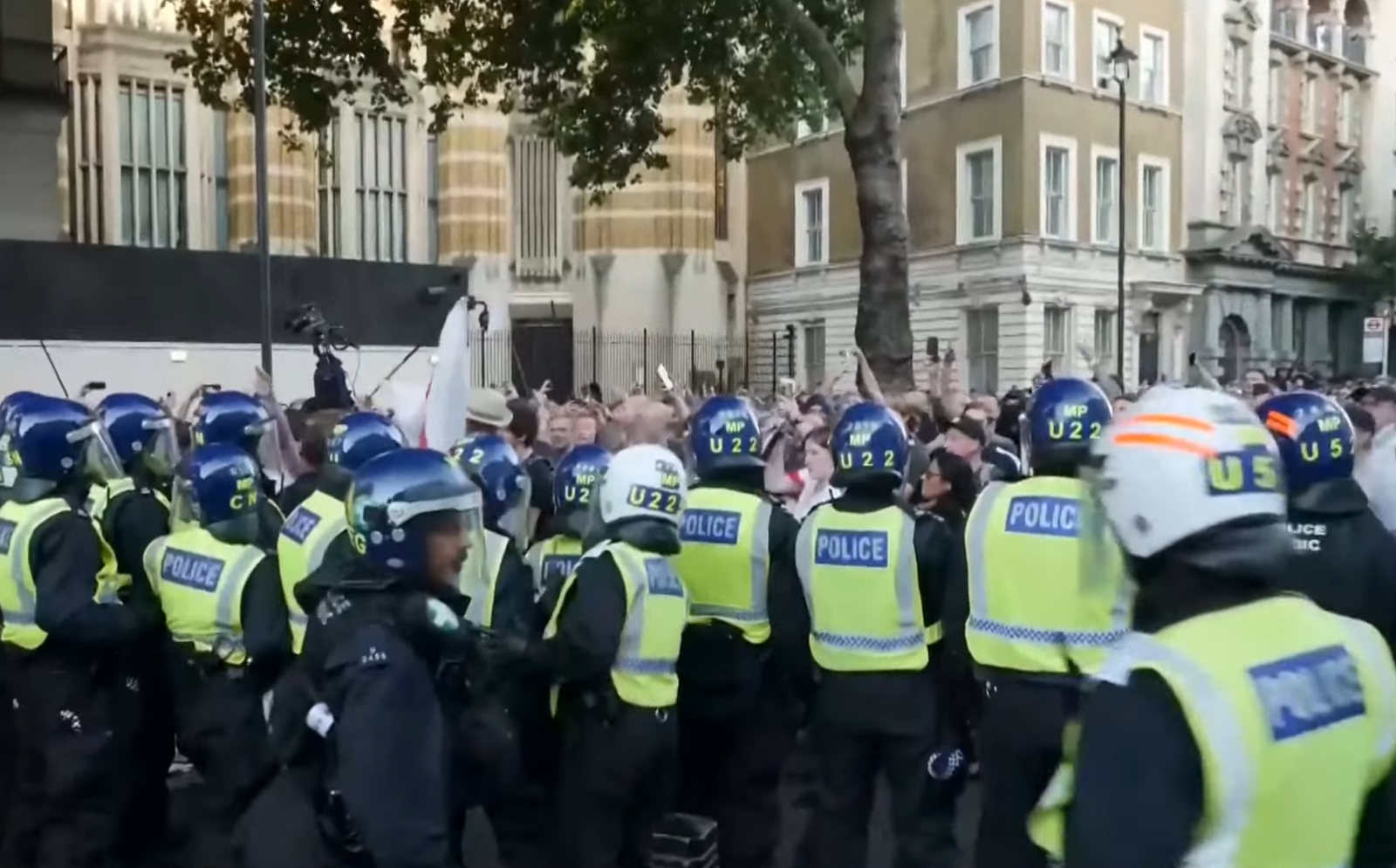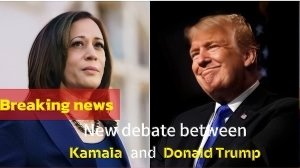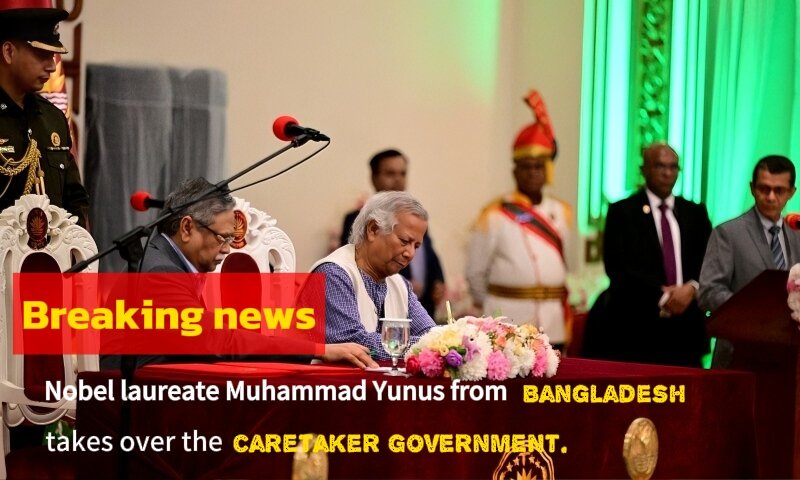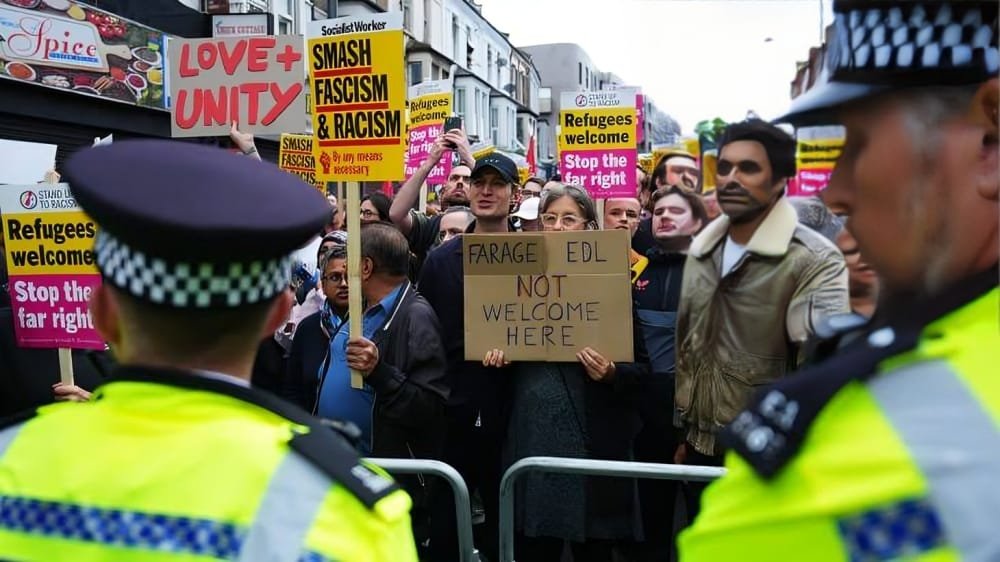
Who is Behind these Riots?
The riots in the UK have been mostly driven by far-right groups like the National Front and neo-Nazi organizations such as the British Movement. These groups have used social media and messaging platforms to spread false information, aiming to incite violence and hatred. Some of these efforts are believed to be connected to Russian sources, contributing to the unrest and targeting of immigrants and asylum seeker.
The UK riots were triggered by false claims linking a local crime to an Islamist migrant, which led to violence driven by far-right groups. This misinformation caused tension and attacks on migrants and Muslims, involving many British citizens. The situation highlights issues of misinformation, societal division, and the challenges for new leadership in managing such crises.
What is Background of the Riots:
- Trigger Event: The riots were begun after false information was spread, wrongly linking a local crime to an Islamist migrant. Fears and anger were fueled within certain segments of the population by this misinformation.
- Role of Far-Right Groups: The situation was exploited by far-right groups, who often have anti-immigrant and nationalist agendas, to incite violence. The false information was used to stoke hatred and encourage attacks against migrants and Muslims.
- Public Reaction: The misinformation led to a significant portion of the public, particularly those influenced by far-right rhetoric, participating in the riots. These riots targeted the migrant and Muslim communities, blaming them unjustly for the crime.
How Impact on British Citizens:
- Societal Division: Deep divisions within British society were highlighted by the riots. An atmosphere of fear and hostility was contributed to by misinformation and prejudice, exacerbating tensions between different community groups.
- Public Sentiment: The false information and subsequent violence affected public sentiment, with some citizens reacting to perceived threats by joining the riots or supporting the far-right’s narrative.
- Legal and Social Response: In response, the Crown Prosecution Service has charged numerous individuals involved in the riots, and there have been significant legal repercussions. The government, under new leadership, faces the challenge of restoring order and addressing the underlying issues that led to the unrest.
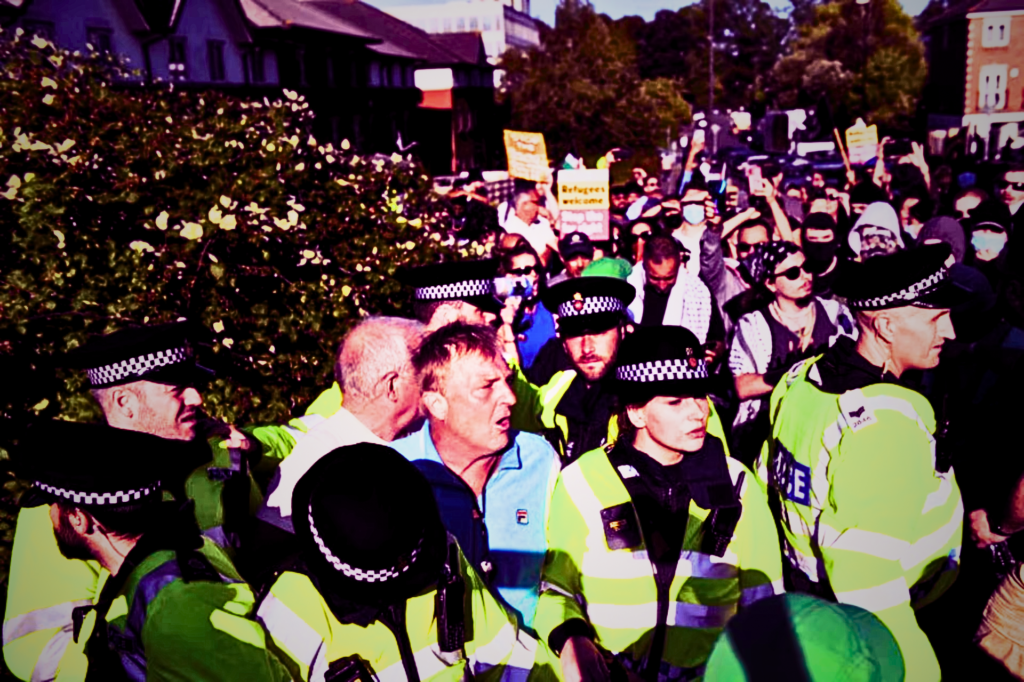
Multiple British Cities
Recent riots have erupted in multiple British cities due to the spread of false information that wrongly Linking local crime to an Islamist migrant. The violence, driven by far-right groups, has mainly targeted migrants and Muslims.In response to the escalating unrest, Prime Minister Keir Starmer strongly condemned the violence and has implemented increased law enforcement efforts to restore peace and order in the affected areas.
Explanation:
- Riots and Unrest: The situation involves riots erupting in multiple UK British Cities. These riots are characterized by violence, likely involving clashes between protesters and law enforcement, as well as attacks on specific communities.
- Wrong Information: The riots were triggered by the spread of misinformation. A local crime was falsely linked to an Islamist migrant, inflaming tensions..
- Far-Right Influence: Far-right groups, known for their nationalist and anti-immigrant ideologies, have exploited this misinformation to incite violence. Their goal is often to sow discord and target minority communities, in this case, migrants and Muslims.
- Targeting Migrants and Muslims: The riots target migrants and the Muslim community, who were wrongly blamed for the crime due to Wrong information.
- Prime Minister’s Response: Prime Minister Keir Starmer has publicly condemned the violence, showing he strongly disapproves of the rioters’ actions. He has also boosted police presence and taken other steps to control the situation and stop more violence.
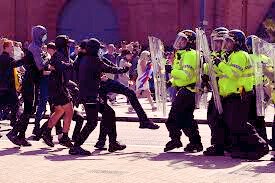
“Stay vigilant,” Starmer tells emergency meeting about the riots.
Starmer instructed those at the emergency meeting to remain alert and watchful due to the ongoing riots.The meeting where Starmer advised to “stay vigilant” would likely be increased monitoring and heightened readiness among authorities and emergency services. This could involve enhanced security measures, close surveillance of the situation, and proactive responses to any further unrest or escalation.
The UK’s Crown Prosecution Service announced on Tuesday
The Crown Prosecution Service has charged around 100 people for their roles in the recent riots. Several rioters have received long prison sentences, with cases expedited to court. This unrest marks the first major challenge for Starmer, the new UK leader, who will face close scrutiny from lawmakers and the public.
Several rioters involved in the unrest across the UK have received long prison sentences, according to PA Media. One man got a three-year sentence for admitting to violent disorder and assaulting an emergency worker in Southport last Tuesday. Another man was sentenced to 30 months in prison for violent disorder in Liverpool last Saturday and for sending a malicious message last year. These cases were expedited and will now be heard at Liverpool Crown Court later this month.
These riots are the first major challenge for Starmer, who became Britain’s leader a month ago after his Labour Party won the general election against the Conservatives. His next moves will be closely monitored by lawmakers and the public.


